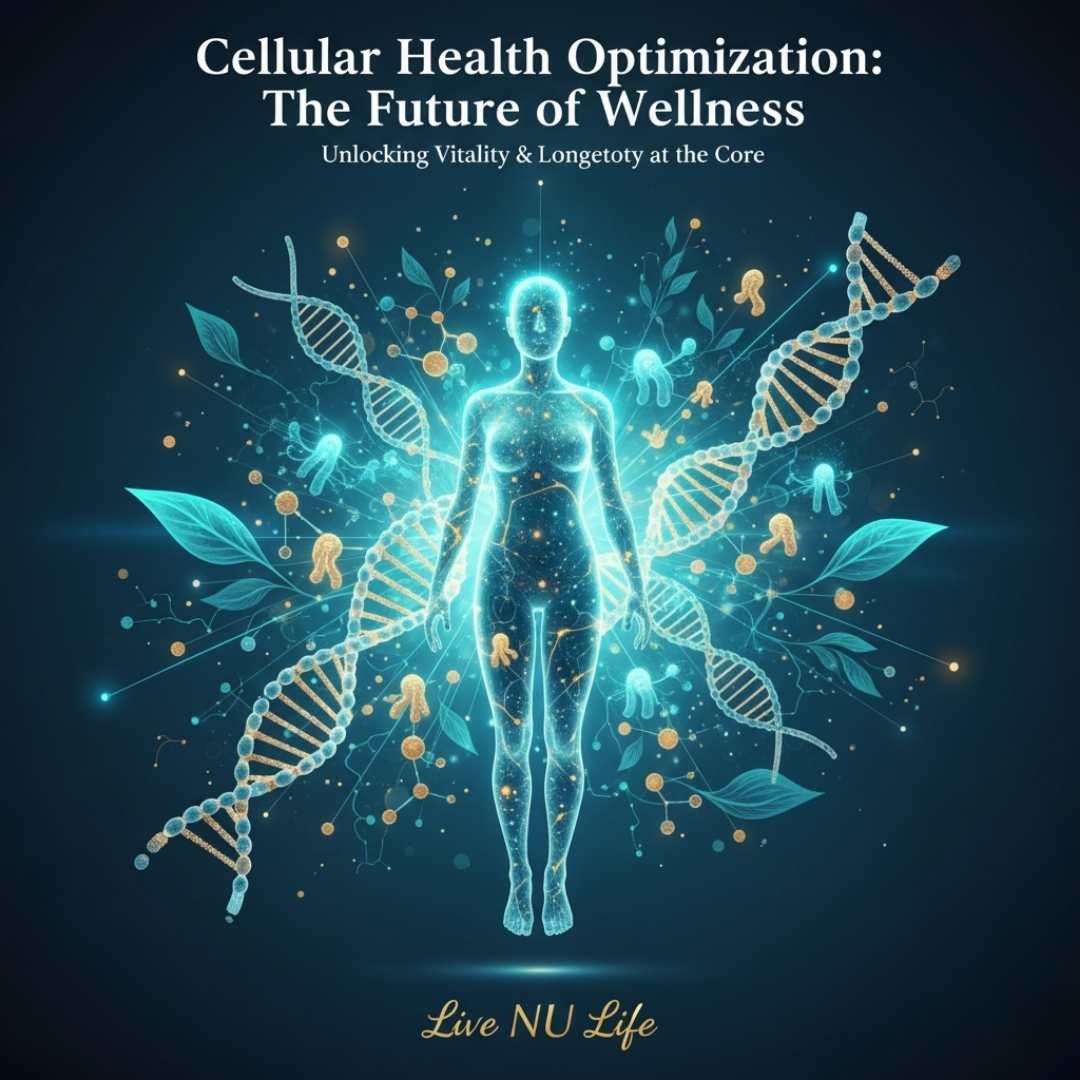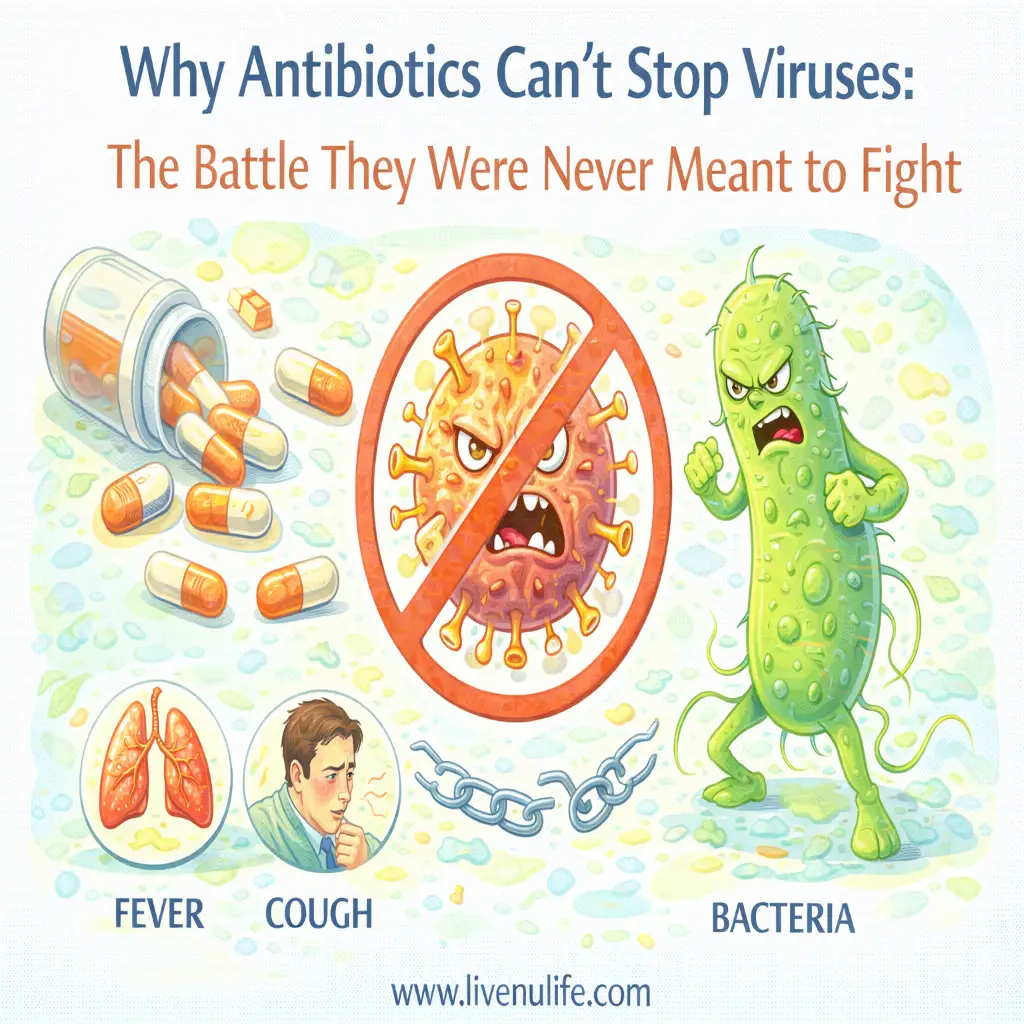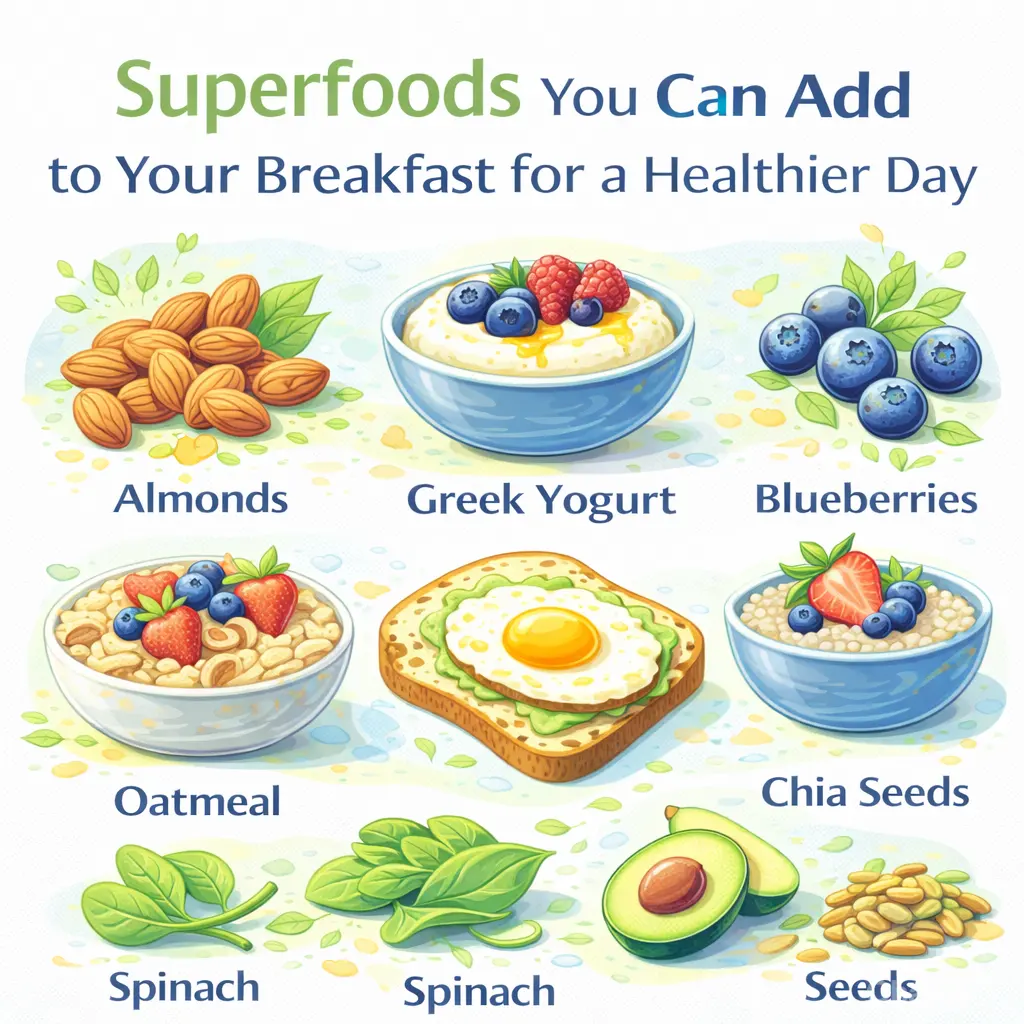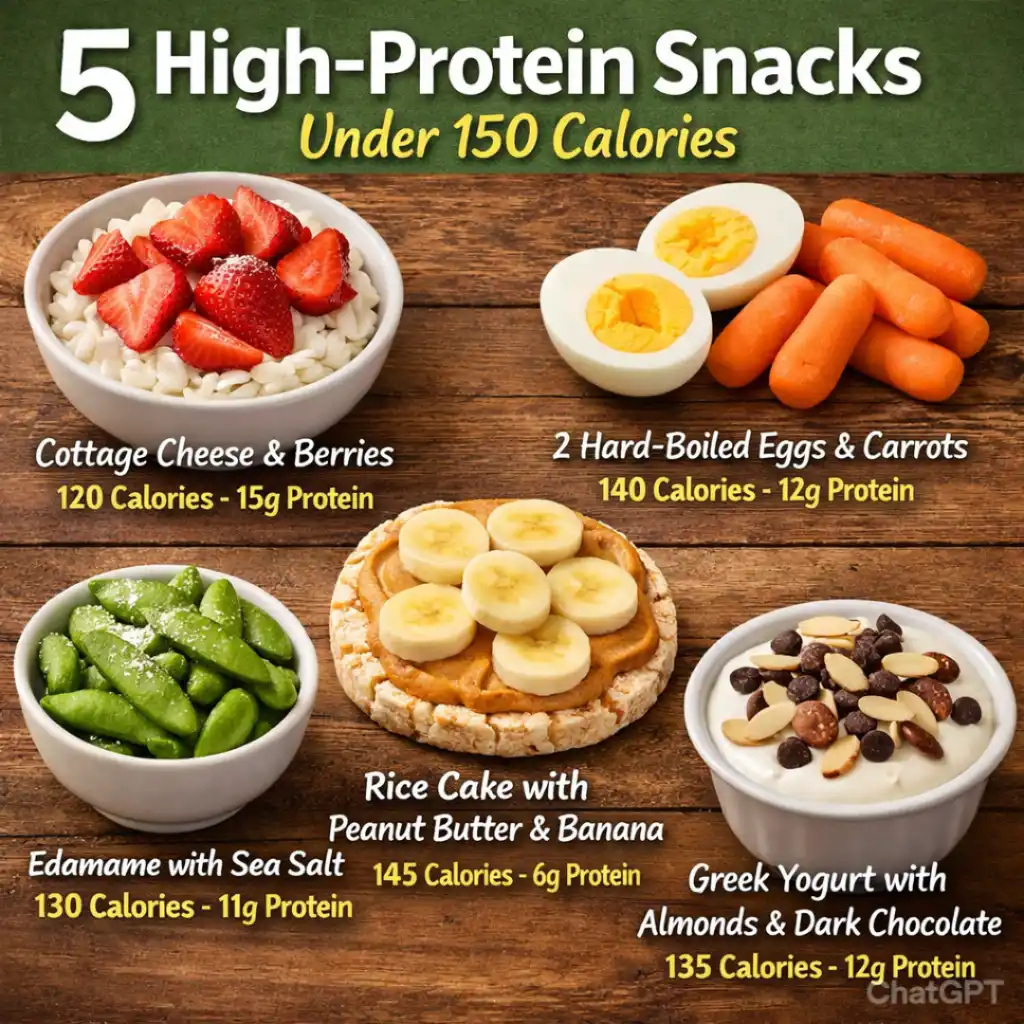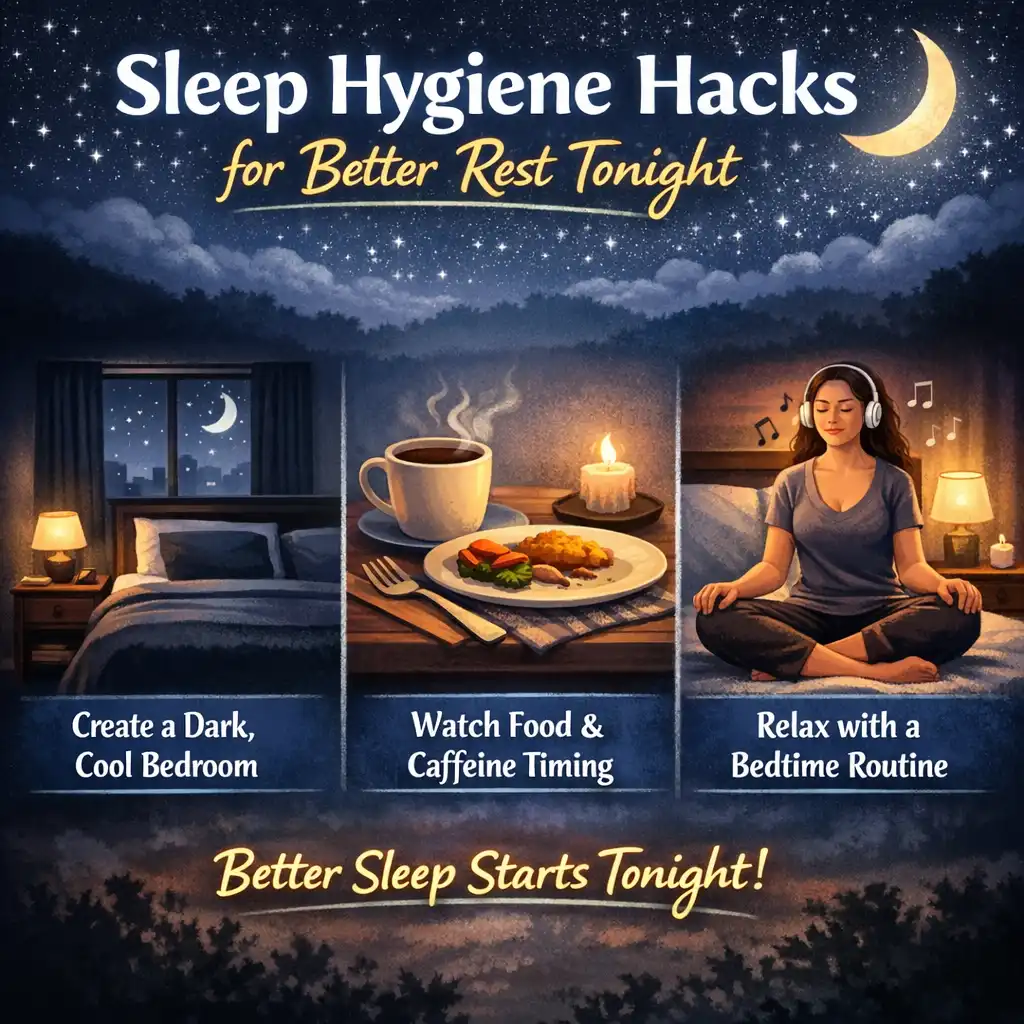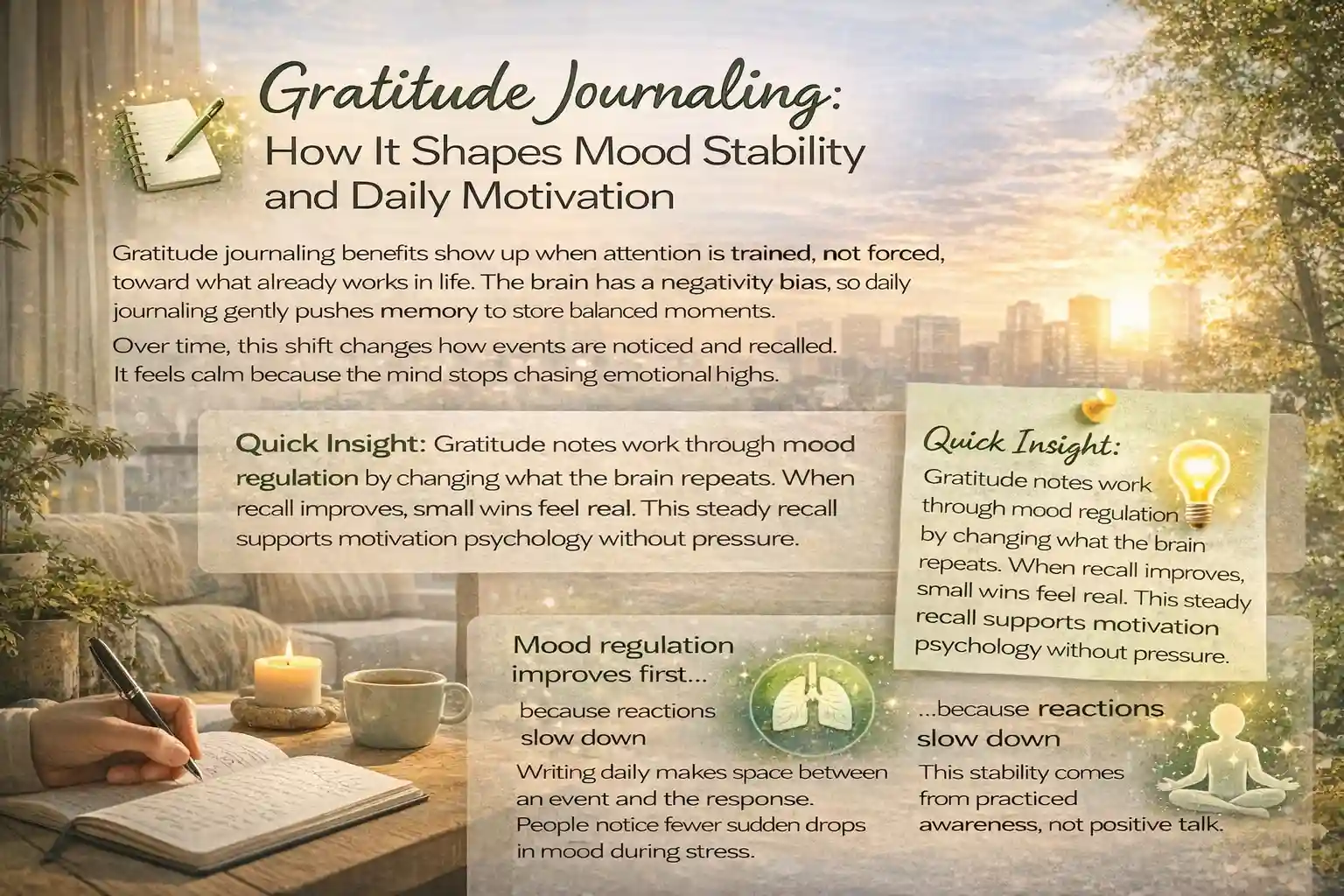Start with your smallest units — the cells. They carry your energy, your repair system, your daily life. When they weak, everything slow down. That’s why focus on cellular health become the new way of wellness (people call it anti-aging biohacking too).
Eat clean food. Drink mineral water. Keep body moving every morning (even short walk help). Then breathe deep, because oxygen feed your cells. Avoid too much sugar and stress — both block cell regeneration. Use antioxidants food like berries or turmeric to fix damage inside.
Think of your body like phone battery. When you charge daily with right habits, it last long. But when you overheat it, or use wrong charger (bad diet, poor sleep), it die early. So now the future of health is simple — heal not from outside, but from inside, at cellular level.
Table of Contents
ToggleWhat Is Cellular Health Optimization?
Cellular health optimization means keeping your body’s smallest units—your cells—working strong and clean. When cells work well, everything in the body works better. Energy goes up, digestion improves, skin clear, focus sharp. When cells weak, body feel slow and tired. This is not only about taking vitamins. It’s about daily habits that protect your cells from stress, toxins, and poor food.
How To Support Cellular Health
- Eat for your cells
Eat real food. Fresh vegetables, clean proteins, and good fats. Avoid too much sugar and processed food (it creates cell inflammation). Drink water often. Think simple—like how your grandparents eat. - Move your body daily
Do walking, stretching, light exercise. This push oxygen and nutrients to each cell. Even deep breathing helps. Move like your body is pumping life to tiny engines inside you. - Sleep is repair time
Sleep at night is when cells repair damage. Don’t skip it. Go to bed same time, dark your room, no phone light. - Manage stress (it burns cells fast)
Practice calm breathing. Take breaks. Talk to friend. Stress make cells age faster, so control it. - Avoid toxins
Don’t smoke, reduce alcohol, filter your water. Every cleaner choice helps your cells work better.
Why Cellular Health Matters More Than Ever
Cellular health optimization means making each cell in your body work better. When cells are healthy, energy improves, skin glows, and brain feels clear. Many people focus only on diet or exercise but forget the smallest parts—the cells. This writing will help to understand and also start small practices daily for better cellular function.
Eat Foods That Feed Cells
- Start with clean food. Eat more greens, berries, nuts, fish (omega-rich).
- Avoid too much fried and processed food (they slow repair).
- Drink enough water so cells can flush toxin out.
Move To Activate Circulation
- Do simple walk or stretch every day.
- Try slow breathing or qigong (help oxygen reach deeper).
- Imagine blood moving like warm water washing away waste.
Support Mitochondria (cell energy center)
- Sleep well at night. No late screen time.
- Expose to early morning sunlight (help set body rhythm).
- Add CoQ10 or magnesium if diet low (ask doctor before).
Think Calm
- Stress block cell healing.
- So breathe slow when angry. Smile small.
- Do like resetting the inner electric system (simple but powerful).
Keep doing small daily. You will notice energy return, focus sharper, skin healthy again. That’s cellular health optimization in real life.
Build lasting health with 10 Daily Habits to Extend Your Healthspan in 2025.
How Our Cells Affect Energy, Aging, and Immunity
Many people feel weak, age fast, or fall sick again and again. We blame food, stress, or weather. But truth is, all these start deep inside—inside our cells. Healthy cell means better energy, slower aging, and strong immunity. Think of cell like tiny engine. When it runs clean, whole body runs smooth.
Boost Cell Energy Naturally
- Eat real food (not packet one). Include colorful fruits and green vegetables.
- Drink more water. Every cell needs it for power.
- Do deep breathing. Oxygen charge the cells like charger to mobile.
- Sleep before midnight. Repair work happen mostly in night.
Slow Down Cell Aging
- Cut down sugar. It rusts your cells (like iron in rain).
- Move body daily. Walking, yoga, or qigong—anything that keep blood flowing.
- Think calm thoughts. Anger and fear create heat in body and harm cell life.
Support Immunity from Inside
- Gut is your immune center. Eat curd or fermented food.
- Avoid long stress. It confuse your immune guard cells.
- Spend some time under morning sun (vitamin D wakes immune cells).
Learn advanced aging strategies in Science-Based Longevity Protocols for Optimal Aging.
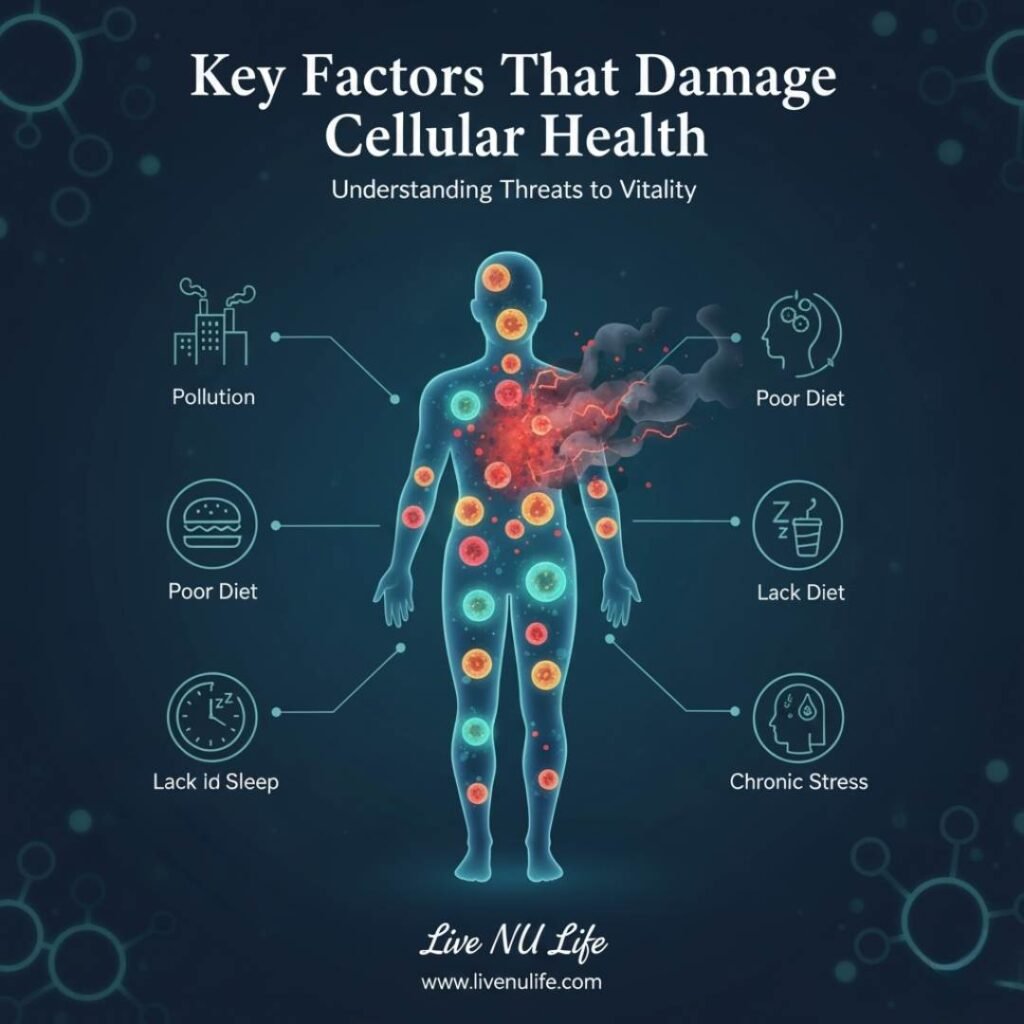
Key Factors That Damage Cellular Health
Cells are tiny like small workers inside body. They keep energy, repair cuts, fight sickness. But many things we do every day make them weak. You may not see it soon, but slowly it show — in low energy, tired skin, slow healing. So understand what really damage cellular health and stop it early.
Poor Diet (junk food habit)
Eat too much fried, sugar, or packed food and you harm cell wall. These food create inflammation (like tiny fire inside). Use fresh fruits, nuts, greens. Drink clean water.
Lack of Sleep (body battery low)
Sleep is like charging your phone. Without 7 hours rest, cells can’t repair damage. Mind get foggy. Skin looks dull. So make regular sleep time, no mobile before bed.
Stress All Time (invisible poison)
When you stay angry or tense, stress hormone damage cell membrane. Take deep breathing, long walk, or listen soft music. Release it daily.
Pollution and Chemicals
City air, smoke, beauty cream with harsh chemical — all attack cells. Use mask when outside. Wash face after travel.
Dehydration
Cells are like small balloons. Without water they shrink. So sip water through day (not only when thirsty).
Science-Backed Ways to Optimize Your Cells
Science always show how our cells change with how we eat, move, and rest. You don’t need big machines or fancy tests. You just need to make your daily body system work clean and simple. Think of your cells like small factory workers. If they get too many toxins, sugar, or stress, they become slow and tired. Here is how to help them recharge and repair.
Eat for Mitochondria Power
- Cut refined sugar (it block energy path).
- Add omega-3 food like flax seeds and fish.
- Use olive oil instead of refined oil.
- Fast small time every day (like 14 hours). This teach cells to clean their waste (autophagy).
Move Like Blood River
- Walk 30 min daily (early morning best).
- Do deep breathing 5 minute—bring more oxygen to cells.
- Stretch arms, neck, spine slowly like waking up a sleeping cat.
Sleep Repair Mode
- Go bed same time.
- Keep room dark and cool (cell recover faster in darkness).
- No phone light before sleep—it confuse brain timing.
Detox and Hydrate
- Drink clean warm water often.
- Avoid plastic bottles (some leak toxins).
- Eat green leaf food—they sweep heavy metals.
Discover evidence-backed nutrients in Best Longevity Supplements: Evidence-Based Guide.
The Connection Between Sleep, Stress, and Cell Repair
When you don’t sleep well, body feels heavy, mind feels cloudy, and healing become slower. Sleep is not just rest time; it’s when your body fix inside damage. Many people search “how sleep help cell repair” or “does stress stop healing.” The answer is yes. Bad sleep and too much stress block your body’s natural repair system.
Sleep and Healing
- During deep sleep, your body make more growth hormone (this one fix muscle and cell damage).
- Blood flow increase to skin and organ.
- If you wake too often, this repairing cycle break.
Stress and Cell Damage
- Chronic stress release cortisol. This hormone act like overactive guard, it stop cell rebuild.
- You feel tired even after full night’s sleep.
How to Support Cell Repair
- Sleep 7–8 hours every night (same time).
- Avoid phone light before bed.
- Take deep slow breaths (like filling balloon).
- Keep mind calm so body repair can start.
- Learn practical ways to handle daily pressure and maintain inner balance in our Stress Management Solutions guide.
Latest Innovations in Cellular Wellness
Cellular wellness now big focus. I see people ask “cellular wellness meaning,” “how to improve cell health,” “cellular nutrition,” and “biohacking cells.” Lot of new things come in. I try many myself. Feel better after.
Best New Cellular Wellness Things
- Try red light therapy (stand or sit, let soft red light on skin, 10 mins. Feels like gentle sun—relaxes. Very trendy in gyms now.)
- Take liposomal vitamins (like C or glutathione. Better absorption by your cells. Tastes strange, but works. Swallow, not chew.)
- Drink filtered water only (cells need clean water. Use filter bottle. No tap.)
- Try intermittent fasting (do not eat for 14-16 hours, then eat food. This reset body for many. Do slow, start 12 hours first.)
- Move body daily (walk fast, swing arms loose, jump light like child. More oxygen goes to cells.)
- Sleep in total darkness (cells recover best. Use mask or cover window if city light.)
These all boost energy, help feel strong. Try, see change (small changes grow into big over time).
Unlock timeless vitality with Anti-Aging Wellness: Your Complete 2025 Guide.
Personalized Cellular Health Programs – The Next Big Thing
Personalized Cellular Health Programs sound complicated but they are not. This new health idea focus on how your cells repair, detox, and stay young. Doctors and wellness coaches now use DNA tests and blood markers to build plan just for you. Not a random diet, not same supplements for all. It’s made for your cells.
Start With Cell Check
- Do a small health scan (some clinics call it cell mapping).
- See how your mitochondria, vitamin levels, and DNA repair working.
- Note which area need help — like poor energy, slow healing, dry skin.
Build Your Plan
- Take food that match your cell needs. Example: if low antioxidants, add berry and green tea.
- Add light exercise, not heavy first week. Walk, breathe deep (oxygen help your cells).
- Sleep regular. Night is when cells rebuild most.
Keep Tracking
- Repeat the test after 3 months.
- Adjust food, supplement, lifestyle.
- Don’t rush it. Cells change slow but they do change.
Final Thoughts – Start Healing from the Inside Out
Start with noticing your breath now (most people forget this). Sit quiet, close eyes, place hand on heart. Feel inside like checking weather. Healing from the inside out need patience, not rush (like planting seed). Trust body, give time. Eat simple food and move each day (even short walk help).
Discover evidence-backed nutrients in Best Longevity Supplements: Evidence-Based Guide.
Frequently Asked Questions
- Focus on making cells work strong.
- Support by giving right food (like lots of green, not much sugar).
- Move body every day. Cells like stretching and walking, not just sitting.
- Sometimes cells get slow from junk food or no movement.
- Drink water (room temp, not cold always).
- Try sleep early (before midnight is better).
- Eat rainbow vegetables (color matters—more color, better nutrients).
- Don’t fry always, try some raw food (like carrot or apple).
- Use less oil, more fiber (fiber help clear cell waste).
- Yes, body detox (removes dirty stuff from body) happens at cell level.
- Drink water (like washing inside), and sweat sometimes.
- Wash face, but also eat more vitamin C (orange, lemon).
- Not always, but see one if always tired or sudden change (weight loss, mood swing).
- Start small—walk, eat clean, less stress (try 5 deep breath at morning).
References
Bratic, A., & Larsson, N. G. (2013). The role of mitochondria in aging. Journal of Clinical Investigation, 123(3), 951-957. https://doi.org/10.1172/JCI64125
Chung, H. Y., Cesari, M., Anton, S., Marzetti, E., Giovannini, S., Seo, A. Y., Carter, C., Yu, B. P., & Leeuwenburgh, C. (2009). Molecular inflammation: Underpinnings of aging and age-related diseases. Ageing Research Reviews, 8(1), 18-30. https://doi.org/10.1016/j.arr.2008.07.002
Colman, R. J., Anderson, R. M., Johnson, S. C., Kastman, E. K., Kosmatka, K. J., Beasley, T. M., Allison, D. B., Cruzen, C., Simmons, H. A., Kemnitz, J. W., & Weindruch, R. (2009). Caloric restriction delays disease onset and mortality in rhesus monkeys. Science, 325(5937), 201-204. https://doi.org/10.1126/science.1173635
Epel, E. S., Blackburn, E. H., Lin, J., Dhabhar, F. S., Adler, N. E., Morrow, J. D., & Cawthon, R. M. (2004). Accelerated telomere shortening in response to life stress. Proceedings of the National Academy of Sciences, 101(49), 17312-17315. https://doi.org/10.1073/pnas.0407162101
Hamblin, M. R. (2017). Mechanisms and applications of the anti-inflammatory effects of photobiomodulation. AIMS Biophysics, 4(3), 337-361. https://doi.org/10.3934/biophy.2017.3.337
Harman, D. (1956). Aging: A theory based on free radical and radiation chemistry. Journal of Gerontology, 11(3), 298-300. https://doi.org/10.1093/geronj/11.3.298
Holick, M. F. (2007). Vitamin D deficiency. New England Journal of Medicine, 357(3), 266-281. https://doi.org/10.1056/NEJMra070553
Irwin, M. R., Olmstead, R., & Carroll, J. E. (2016). Sleep disturbance, sleep duration, and inflammation: A systematic review and meta-analysis of cohort studies and experimental sleep deprivation. Biological Psychiatry, 80(1), 40-52. https://doi.org/10.1016/j.biopsych.2015.05.014
Longo, V. D., & Mattson, M. P. (2014). Fasting: Molecular mechanisms and clinical applications. Cell Metabolism, 19(2), 181-192. https://doi.org/10.1016/j.cmet.2013.12.008
López-Otín, C., Blasco, M. A., Partridge, L., Serrano, M., & Kroemer, G. (2013). The hallmarks of aging. Cell, 153(6), 1194-1217. https://doi.org/10.1016/j.cell.2013.05.039
Mattson, M. P., Moehl, K., Ghena, N., Schmaedick, M., & Cheng, A. (2018). Intermittent metabolic switching, neuroplasticity and brain health. Nature Reviews Neuroscience, 19(2), 63-80. https://doi.org/10.1038/nrn.2017.156
Popkin, B. M., D’Anci, K. E., & Rosenberg, I. H. (2010). Water, hydration, and health. Nutrition Reviews, 68(8), 439-458. https://doi.org/10.1111/j.1753-4887.2010.00304.x
Raichlen, D. A., & Alexander, G. E. (2017). Adaptive capacity: An evolutionary neuroscience model linking exercise, cognition, and brain health. Trends in Neurosciences, 40(7), 408-421. https://doi.org/10.1016/j.tins.2017.05.001
Sies, H., Berndt, C., & Jones, D. P. (2017). Oxidative stress. Annual Review of Biochemistry, 86, 715-748. https://doi.org/10.1146/annurev-biochem-061516-045037
Walker, M. (2017). Why we sleep: Unlocking the power of sleep and dreams. Scribner. https://www.penguin.co.uk/books/295/295910/why-we-sleep/9780141983769.html

